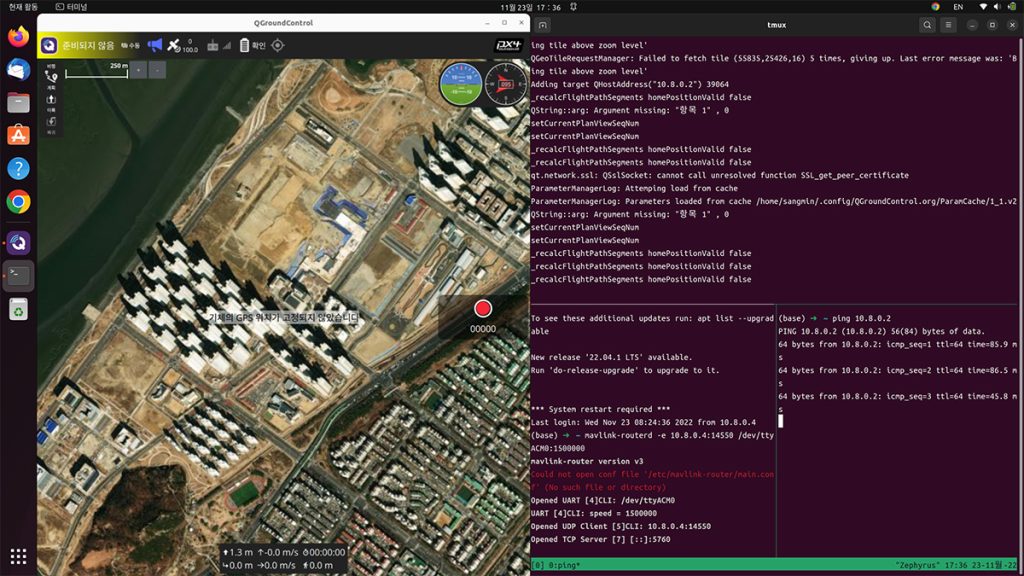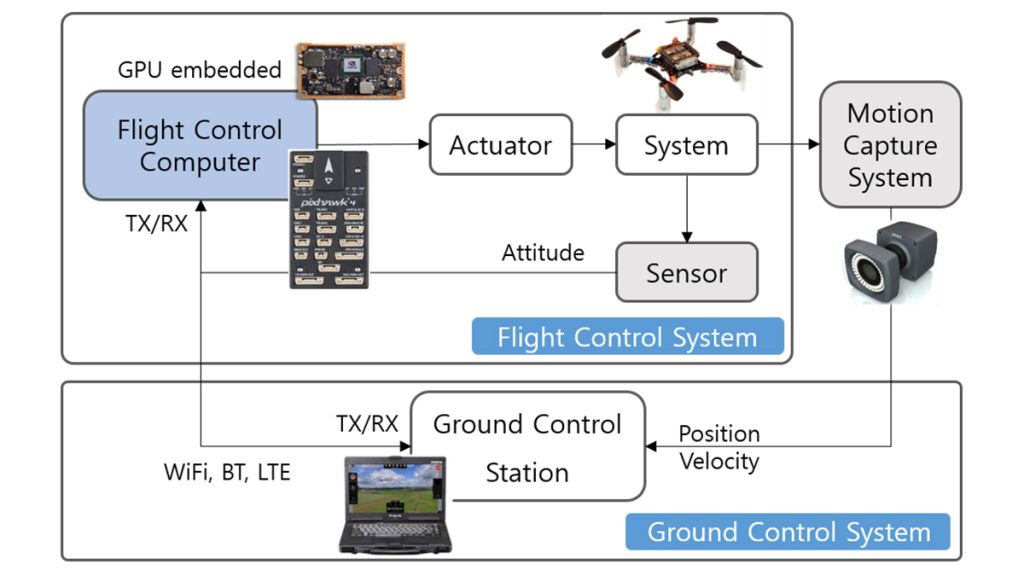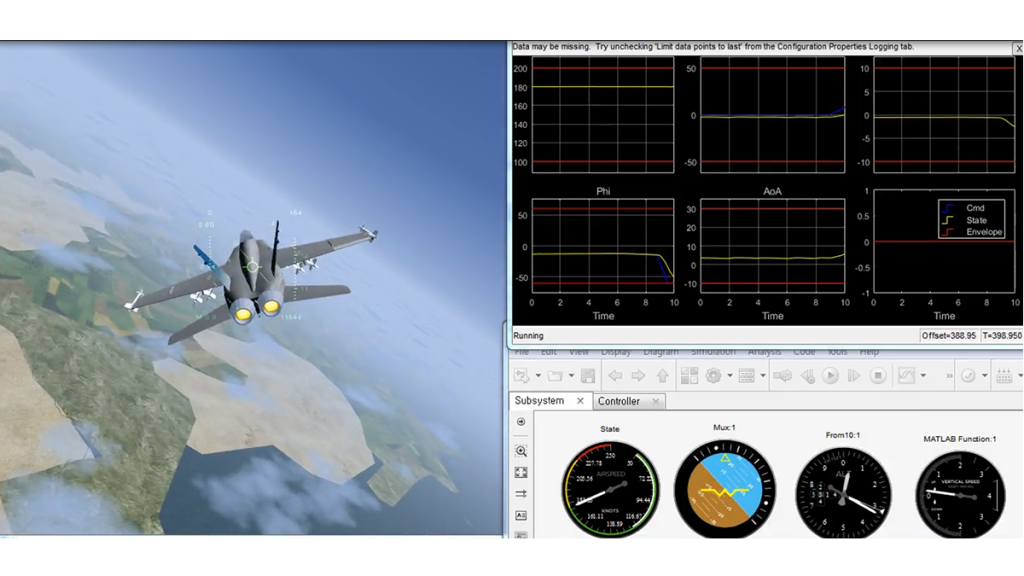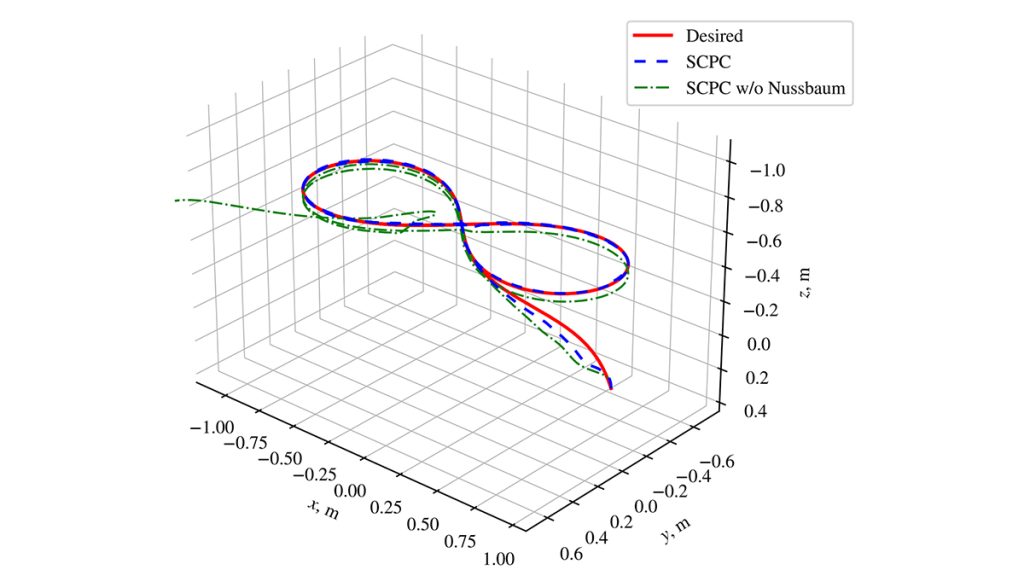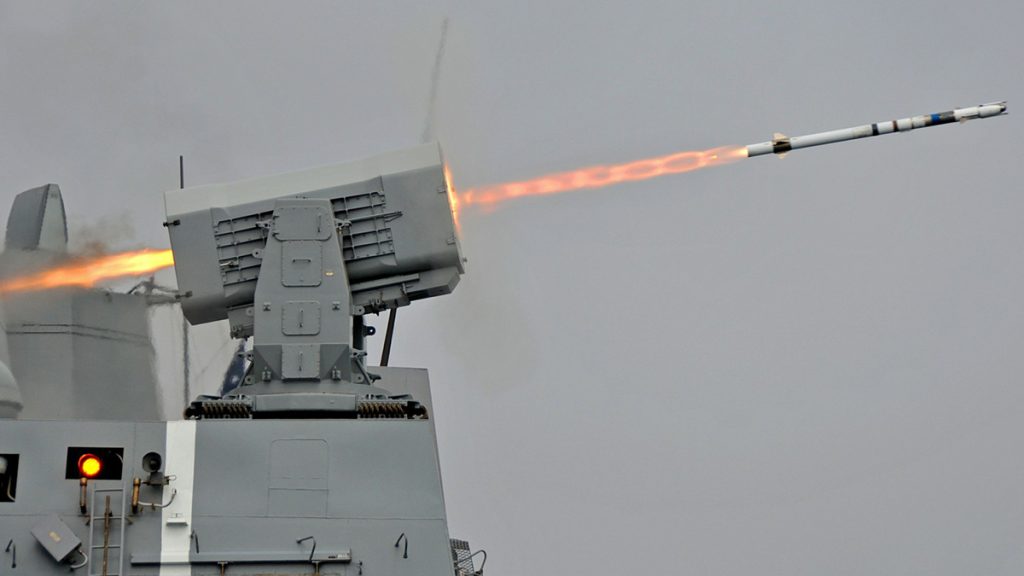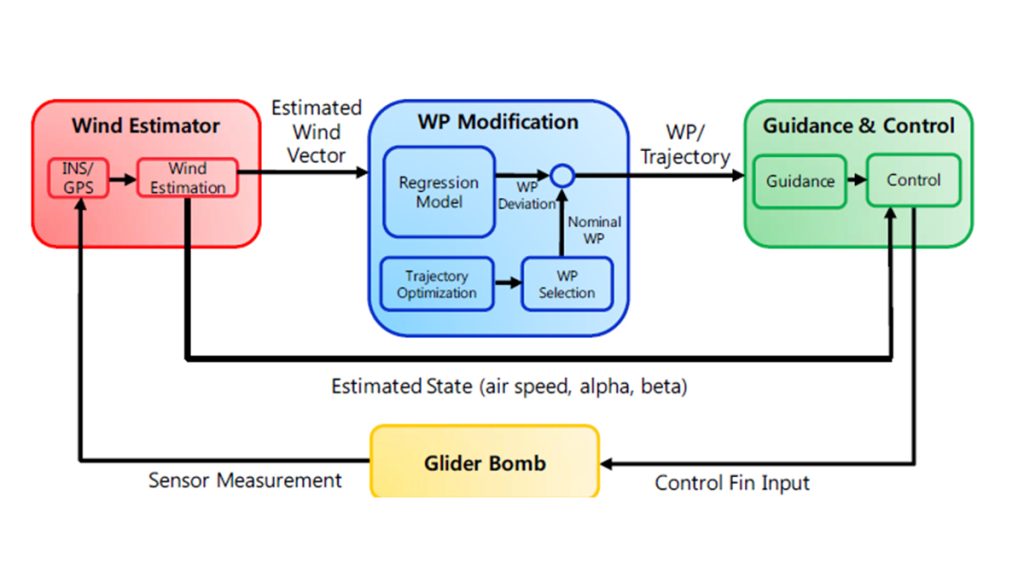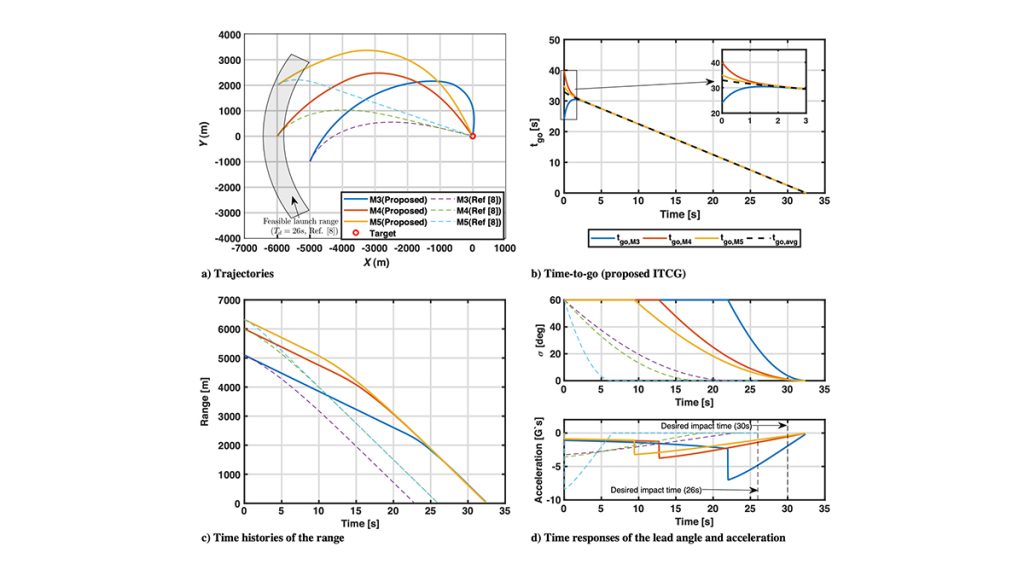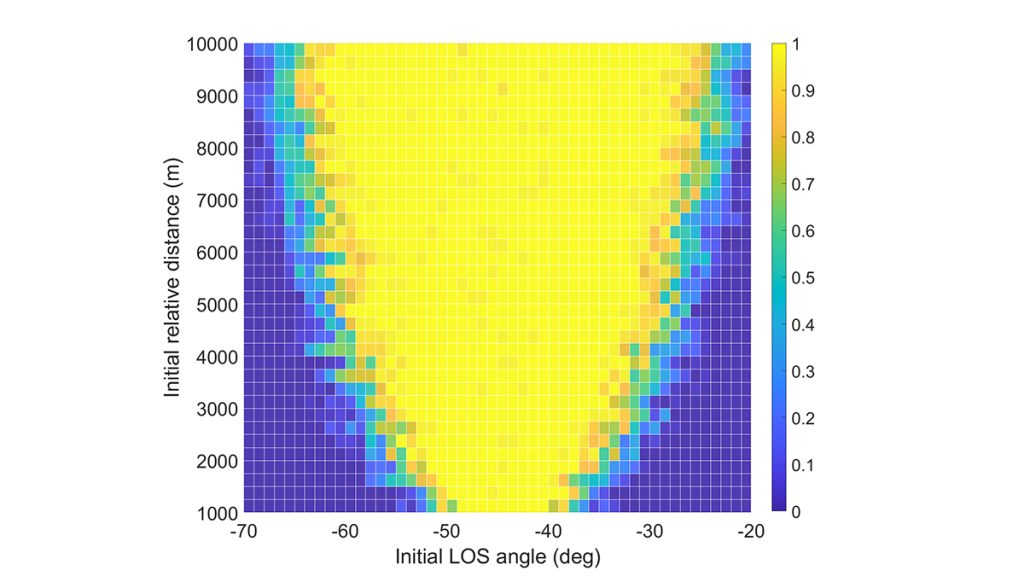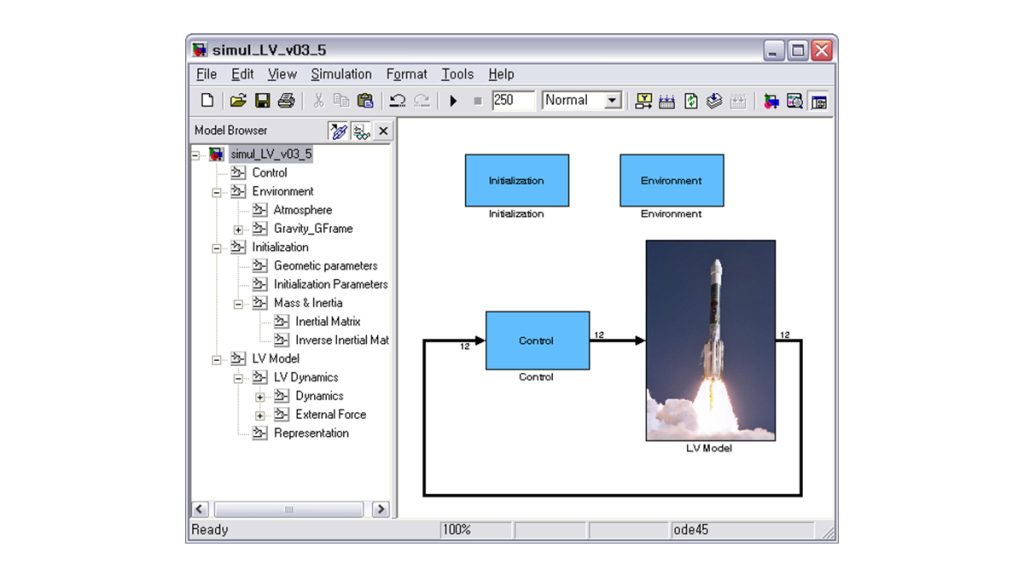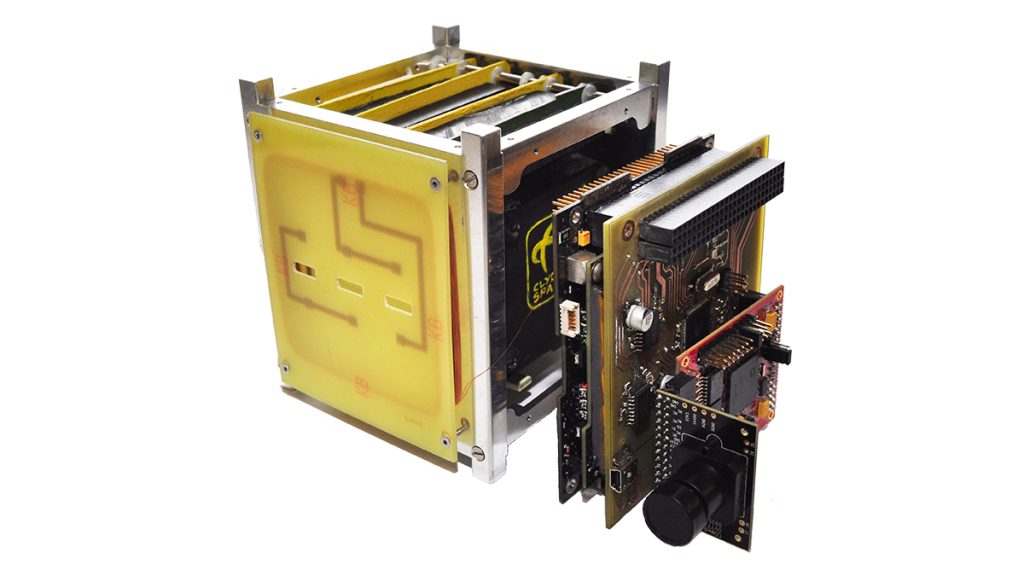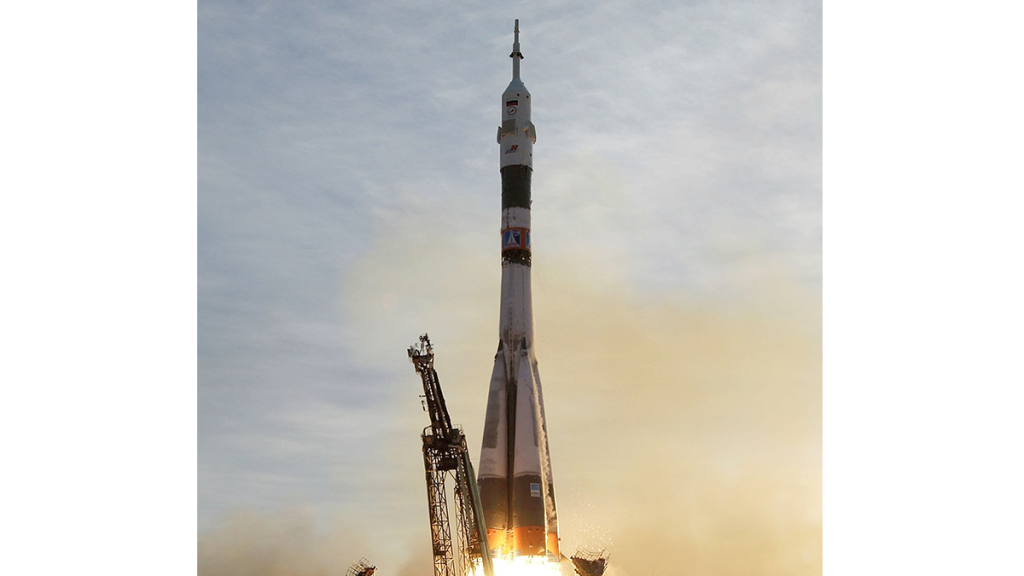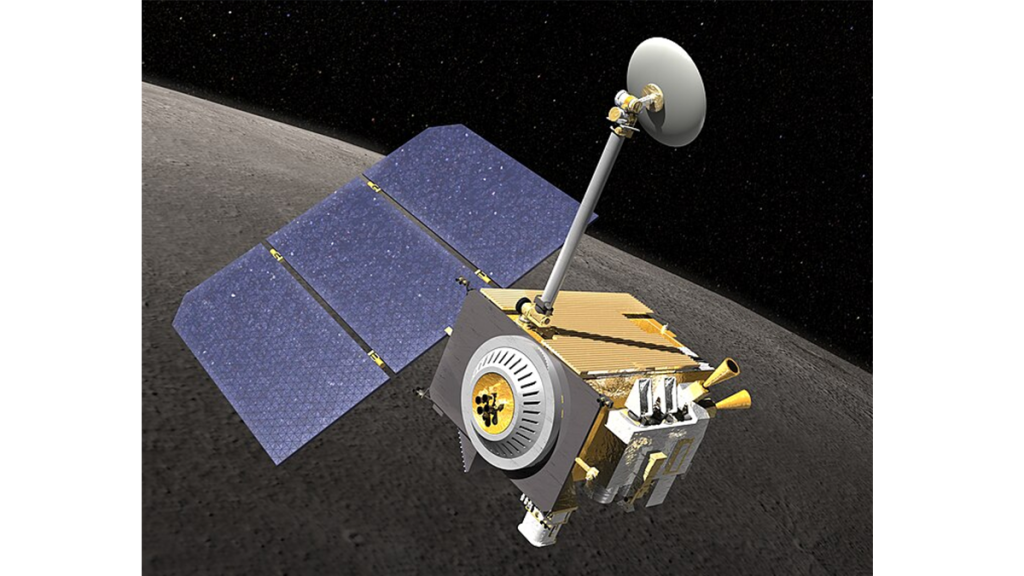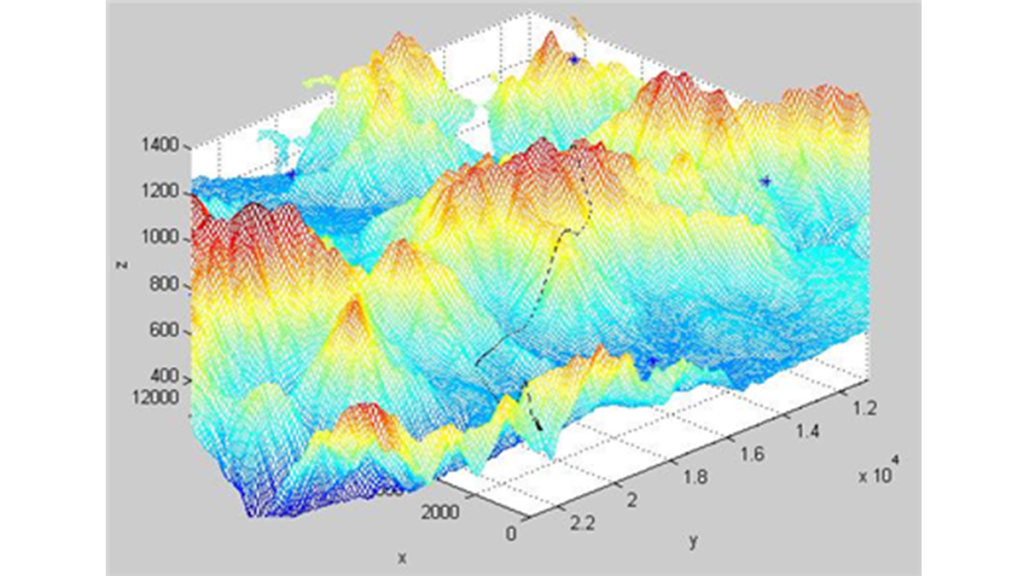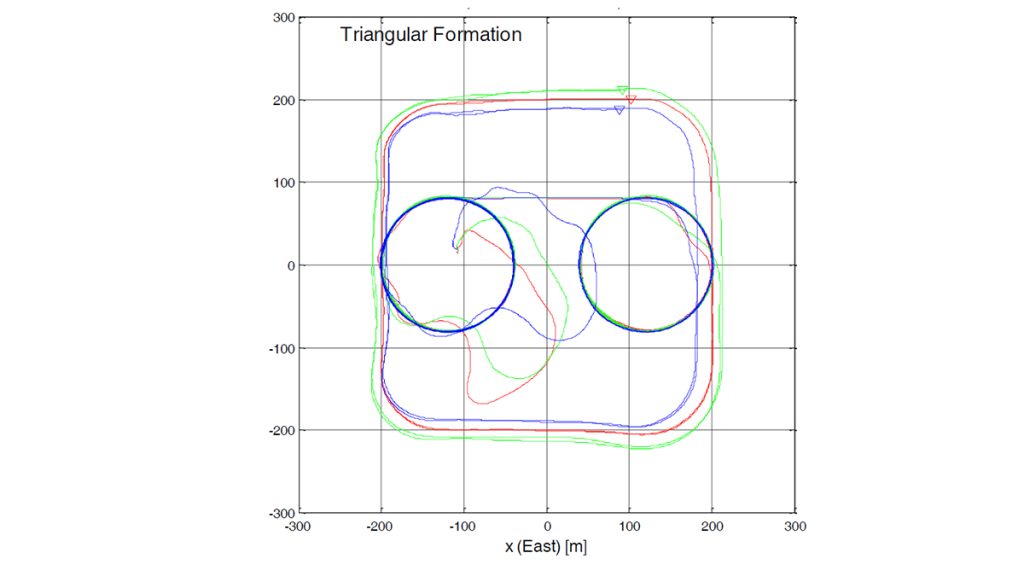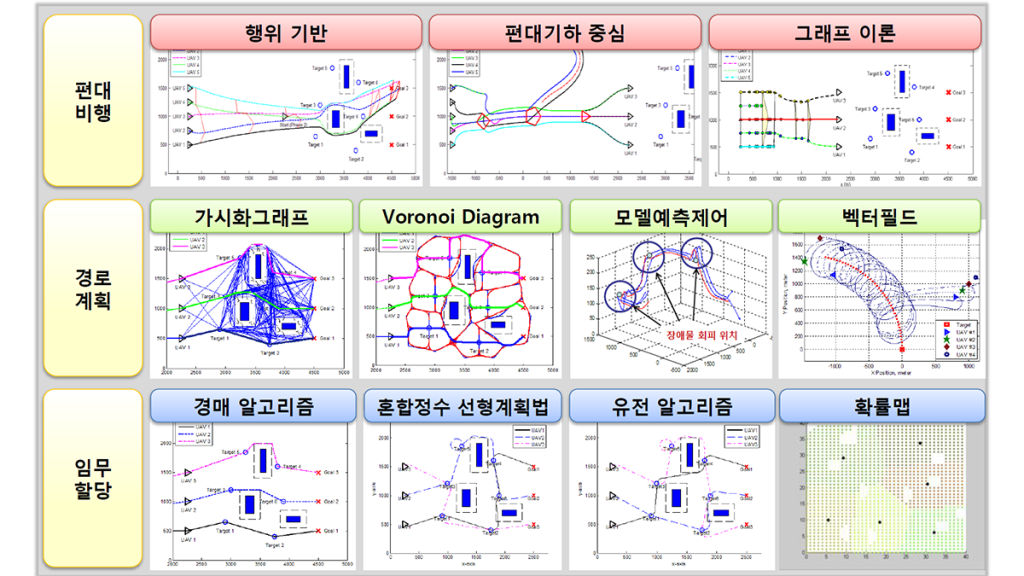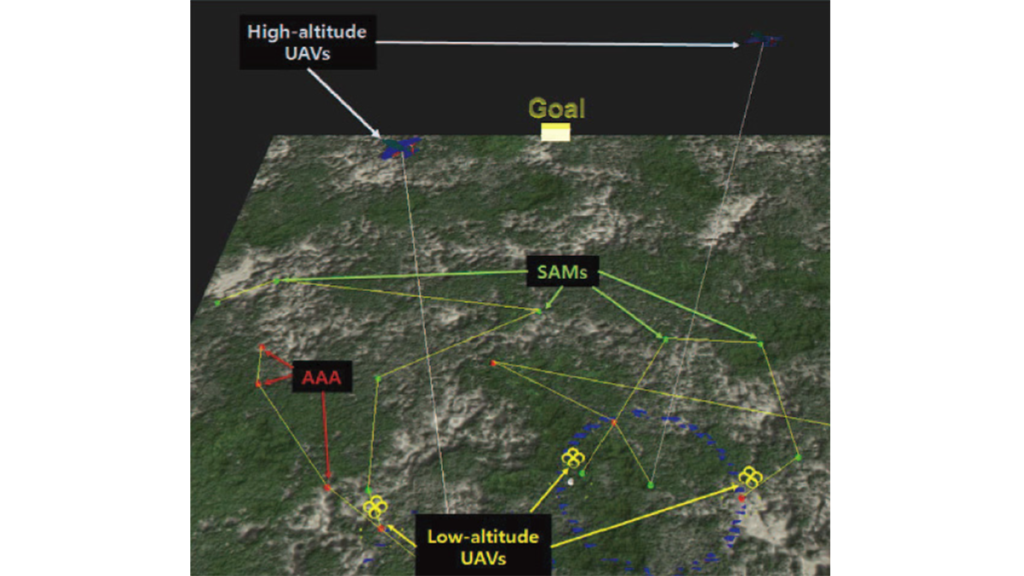Overview
Introdcution of FDCL Research
Topic 1: Advanced Fault-Tolerant Unmanned Aerial Vehicles Guidance & Control
Exploration of enhancing the resilience, stability, and performance of autonomous aerial systems is conducted by developing advanced fault-tolerant control schemes and mission-based guidance methods.
A primary focus of the study is the development of robust fault-tolerant control methods for
unmanned aerial vehicles (UAVs), ensuring reliable operation even in the presence of system faults.
The research also emphasizes optimizing mission execution by integrating data learning and sharing,
enabling UAVs to adapt and perform efficiently in dynamic and uncertain environments. Additionally,
the study investigates Auto Upset Recovery techniques, which automatically correct unintended flight
upsets, ensuring stable flight in challenging conditions. The design of self-recoverable flight control
laws, using state estimation and control allocation, further strengthens UAV stability and safety
during flight. The research also includes fault diagnosis and redundancy studies, addressing how
UAVs can detect faults and ensure continued performance through redundant systems, ensuring
optimal operation even in the face of component failures.
Topic 2: Advanced Missile Guidance & Control
Exploration of next-generation missile technologies through guidance algorithms, seeker integration, and mission-level simulations.
Our research focuses on the advancement of missile guidance and control technologies to enhance
the performance, accuracy, and adaptability of modern weapon systems. One area of investigation
involves strapdown seeker technologies, which are being studied to improve target detection and
tracking in highly dynamic environments without reliance on gimballed mechanisms. In parallel,
simulation and analysis tools are being developed for naval surface-to-air missile systems to enable
system-level performance assessment and virtual testing under various combat scenarios. Further
study is dedicated to improving the launch acceptability region (LAR) of air-launched guided missiles.
By identifying key factors that influence LAR boundaries, the research aims to expand engagement
envelopes and provide greater operational flexibility. Another critical component of the research
involves trajectory optimization for unpowered air-to-ground guided bombs. Through the
development of advanced algorithms, mission-specific trajectories are designed to ensure precise
target engagement, even in the absence of onboard propulsion systems. Together, these research
efforts aim to contribute to the evolution of intelligent, adaptable, and precise missile systems capable
of performing effectively in the complex environments of modern warfare.
Topic 3: Advanced Spacecraft of Guidance, Navigation & Control
Exploration of spacecraft guidance and control technologies that has led to significant advancements, focusing on the development of advanced design, analysis methods.
Our research has focused on the field of spacecraft guidance and control. A key achievement is the
development of guidance, navigation, and control (GNC) technologies for lunar exploration
missions, accompanied by the creation of a reliable ground validation platform to verify the
performance of flight dynamics systems for orbiting vehicles during crucial mission phases. The
2012 EU FP Collaborative Research Support Program led to the successful realization of the QB50-
SNUSAT-1 project, which contributed to the development and testing of CubeSats for space
exploration. The EU-FP7 project QB50—which launched 50 CubeSats simultaneously—enabled
comprehensive investigations of the lower thermosphere, Earth’s re-entry processes, CubeSat drag
coefficients, and the validation of fault detection algorithms for miniature satellite sensors and
actuators, advancing space mission technology. Additionally, the research explored launch vehicle
trajectory optimization and tracking filter design, improving the accuracy of spacecraft navigation
and enhancing mission efficiency in complex space environments. These efforts have reinforced a
leading role in the development of spacecraft guidance and control technology.
Topic 4: Distributed System for Multiple Unmanned Aerial Vehicles
Exploration of developing a distributed system for collaborative UAV operations aims to enable efficient task sharing and mission execution.
The study aims to develop intelligent distributed control techniques that minimize human intervention
in non-critical tasks, enhancing operational efficiency. By addressing uncertainties arising from
dynamic operational environments, the system will dynamically assign tasks, plan optimal flight
paths, and fuse various information to ensure robust mission execution. Additionally, algorithms for
adapting UAV formations and reallocating tasks will be explored, especially in combat missions
where pre-mission intelligence and potential UAV losses create challenges. This includes terrain-
following techniques, cooperative mission execution, and group strategy redesign approaches,
forming the basis for the development of comprehensive UAV guidance and control algorithms.

